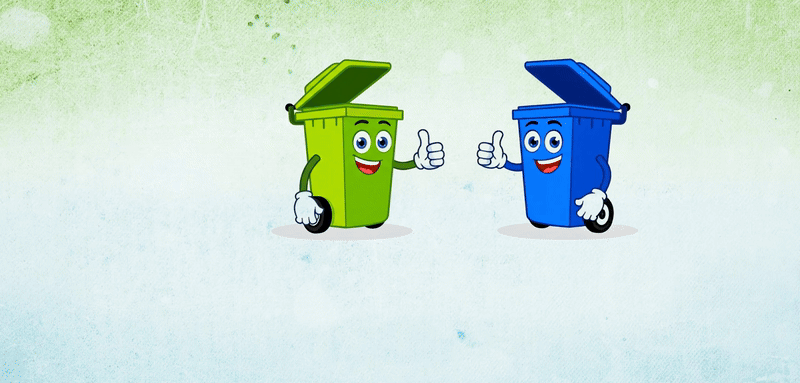
As part of the continuous evolution of Swachh Survekshan (SS) under the Swachh Bharat Mission-Urban (SBM-U), Ministry of Housing and Urban Affairs (MoHUA), a new initiative titled the Swachh Shehar Jodi (SSJ) is being launched.
Over successive editions of Swachh Survekshan—the world’s largest urban sanitation and waste management survey—several cities have consistently demonstrated exceptional performance, sustained high citizen engagement and positive feedback, and resilient governance processes, even in the face of leadership transitions and operational challenges.
To scale the impact of the proven approaches adopted by India’s cleanest cities over the years, the Swachh Shehar Jodi now aims to institutionalise structured mentorship, peer learning, and collaborative action between mentor cities and mentee cities from within the same State.
The objective is to support comparitively low performing cities in improving their swachhata performance by drawing on the experience of mentor cities to:
All this with the final outcome of making a real difference across mentee cities by transforming them into visibly cleaner spaces that are citizen-responsive and better equipped to handle swachhata requirements.
It is expected that this 100-day long process will ensure interventions and improvements across Swachh Survekshan rankings in 2026 and beyond.
To ensure targeted and measurable improvement in the mentee cities, each mentor city and mentee city pair will jointly develop an Action Plan. This plan should focus on process replication, field improvement, and citizen engagement aligned to Swachh Survekshan parameters. Eight thematic focus areas for the same are as follows:
For the above, it is envisioned that the mentor cities will be those cities that adhere to the following criteria:
The mentee city may be selected on the baisis of the following criteria:
| Process | Action | Timeline |
|---|---|---|
| Announcement of Swachh Shehar Jodi | 17th July 2025 | |
| Step 1 | Finalization of city pairs by cities and States/UTs | By 5stSeptember, 2025 |
| Step 2 | As-Is Joint Assessment & Action Plan | End of September, 2025 |
| Step 3 | Signing of MOUs and Roll out of Swachh Shehar Jodi | October, 2025 |
| Step 4 | Implementation of Action Plan | 100 days |
| Step 5 | Assessment of Progress | Swachh Survekshan 2025-26 |
Both mentor and mentee cities may utilize the Capacity Building (CB) Funds allocated
to each State/UT as part of SBM-U 2.0.
State/UT Governments are encouraged to top up this fund, if required. Cities can also
leverage funds from other sources / partner organizations.
To ensure effective and outcome-oriented use of the available funding, cities (both mentor and mentee) must restrict expenditure to soft and process-based interventions. Permissible activities include the following:
By March 2026, the initiative is expected to show measurable improvements in selected mentee cities across the eight focus areas mentioned in Part 3. Special focus is to be placed on mentee cities achieving the following: